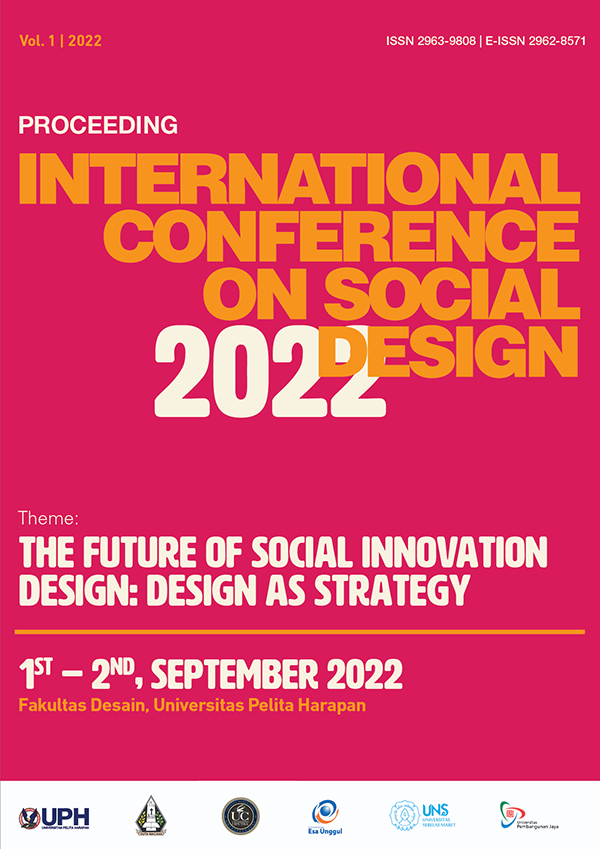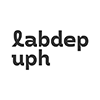Visual Identity Design for Local MSME Product Packaging (Polo Dundang Banana Chips)
Περίληψη
BEDA’KAN (Bedah Desain Kemasan) is a government program to improve the quality of Indonesia’s Micro, Small and Medium Entreprises (MSME) products packaging. It is organized by the Ministry of Tourism and Creative Economy together with ASPRODI DKV (Association of Indonesian Visual Communication Design Study Programs). Several young designers and lecturers are joining this program from different universities in Indonesia. BEDA’KAN batch 10 was held in the Likupang area, North Sulawesi, with the communications between MSMEs partner and designers done online because of the COVID-19 Pandemic. The authors had the opportunity to redesign the packaging of a goroho banana chips brand named Polo Dundang. The design process was carried out by following the designer’s workflow that had been prepared by BEDA’KAN committee. The workflow was divided into three levels, namely the interview stage, the design presentation stage, and the design finalization stage. All stages of the design process were carried out together with the participation of the owner of Polo Dundang, Mrs. Vahny Camelia Bastian. The result of redesigned visual identity and packaging are expected to attract more buyers’ attention and are in accordance with design rules.
Αναφορές
Calver, G. (2004). What is packaging design? Rotovision.
Karamoy, V. M., Loho, A. E., & Lolowang, T. F. (2017). Analisis Nilai Tambah pisang “goroho” (Musa acuminafe, sp) (Studi Kasus: Sabuah Ungu pantai Malalayang Kota Manado). AGRI-SOSIOEKONOMI, 13(2A), 261. https://doi.org/10.35791/ agrsosek.13.2a.2017.17018
Slade, C. (2016). Creating a brand identity: A Guide for Designers.
Laurence King Publishing. Slocum-Bradley, N. (2003). Participatory methods toolkit: A practitioner’s Manual. UNU Press.





1.png)
